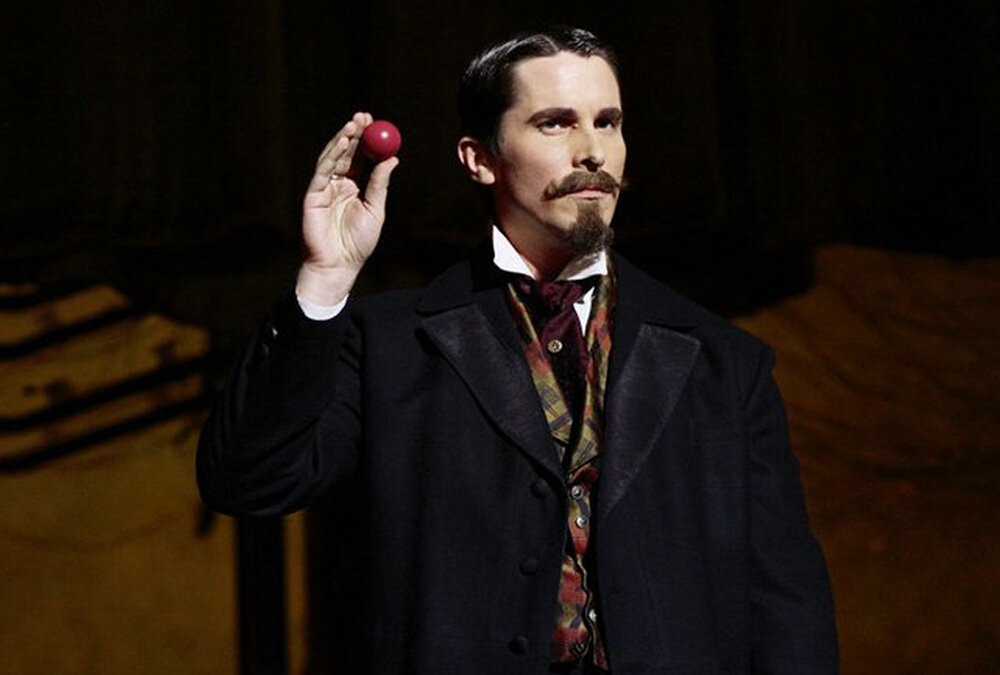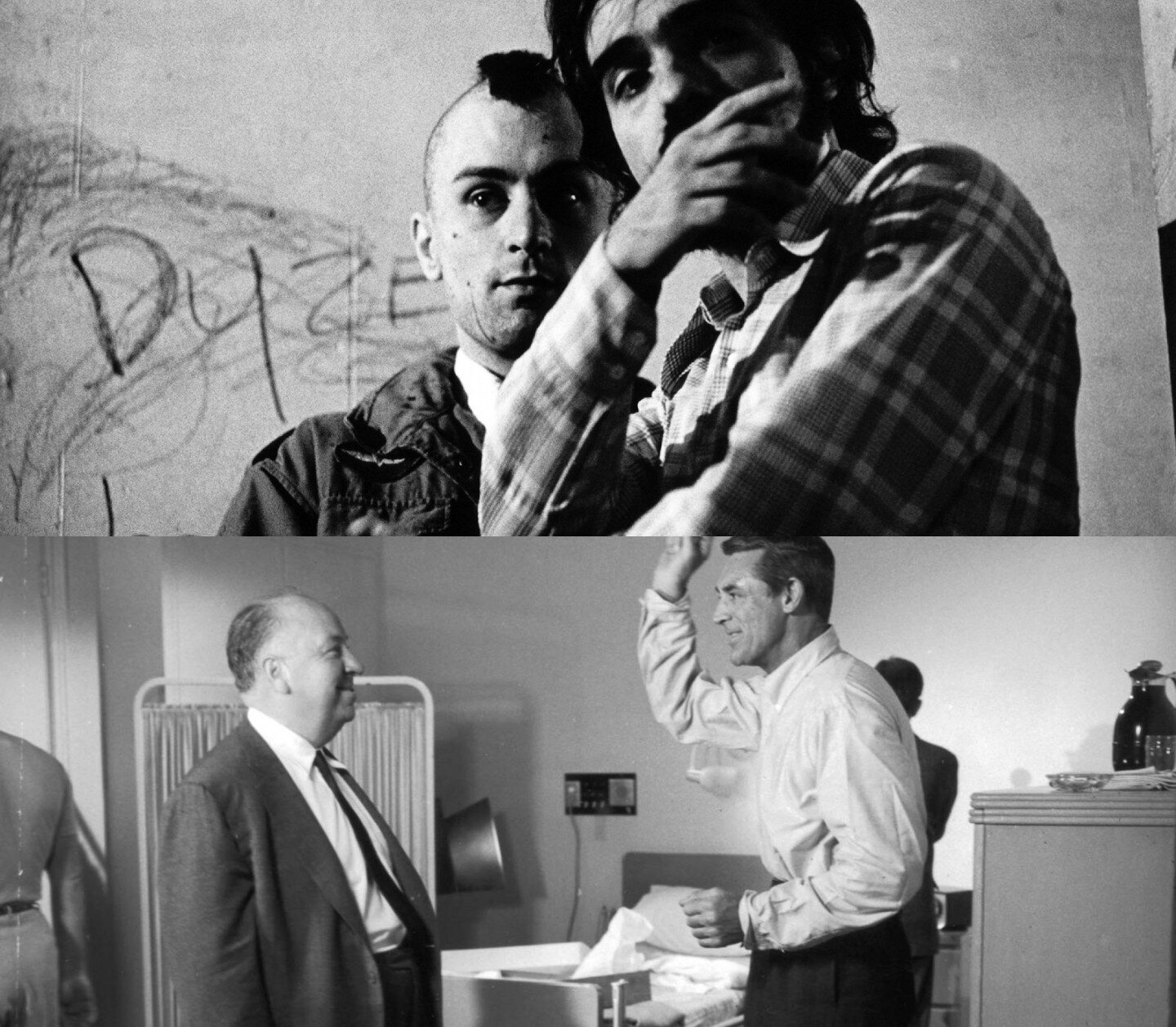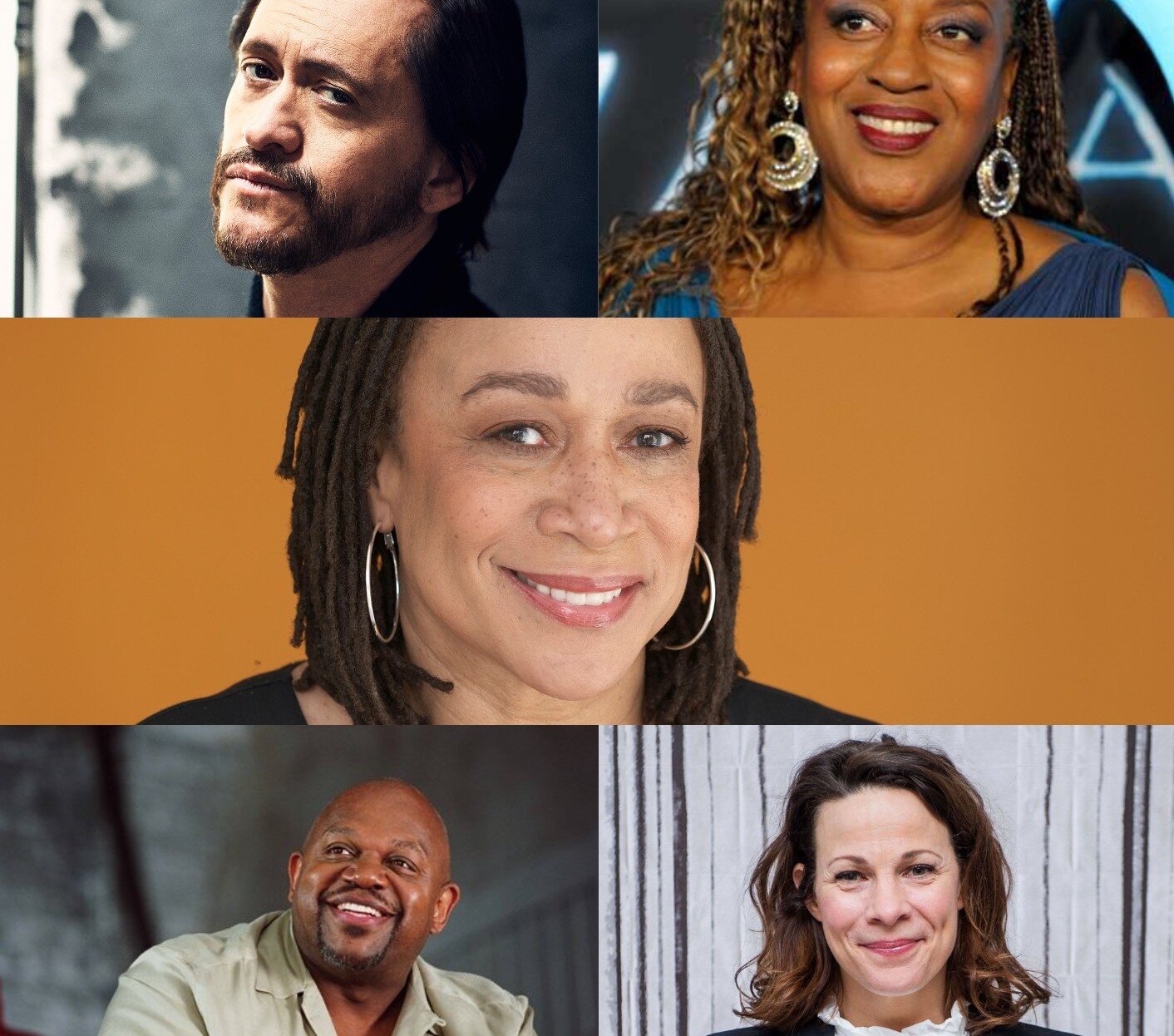COLLABORATION BETTERS ELABORATION
A distinctive and cultural bias that moves towards reductionism, sloppy silly ideas like an A-list, and the nepotistic and political nature of Hollywood has caused us to miss out on so many astounding careers. Even character actors like Brad Pitt, Kevin Bacon, who made it sometimes struggle as Hollywood tries to force them into the role of being superstars. Too often in Hollywood functioning in its role as hand to capitalism - roles are based on what the audience wants or what it perceives the audience wants, or both, rather than building up on the skill set the actor clearly is showing a proclivity towards. Character actors are forced into being secondary and tertiary characters when they are actually well worth being leads. I promise you Katherine Hahn could hold your whole movie, and Don Cheadle outshined even the great Denzel in Carl Frankins noir classic “Devil in a Blue Dress” only to be misused and reduced to being Robert Downey's Roadie…literally. This kind of built-in bias not only harms careers like that of let's say Taylor Kitsch who definitely if any actor is a character actor, but it leaves a gash in our understanding of the collaborative nature of acting. In many ways I look at the way actors are treated by the public as similar to the way that Quarterbacks in American football are treated by the public, ( in this specific aspect of treatment not in role) put simply in some cases they are given far too much credit and in others they're given too little. In both cases this extends from the ways in which the collaborative nature of the discipline and the teamwork involved are ignored in a way that picks and chooses when to be conscious of it. In American football a quarterback is nothing without his offensive line. It matters a great deal what kind of receivers he has to throw to, and of course the NFL running back is integral to the ability of the quarterback to be able to do his work. Everyone knows it, but it tends to tell on bias who they choose to be aware of it for. As actors we aren't much different, directors, editor's and especially writers are vital to our process. Many times we are givien sole credit for our performances when they are the result of this very precious and precarious collaborative process. Just as well many times the performance is blamed solely on us when the direction, editing, or the depth and layers of the writing are ignored. I saw that many critics found Gary oldman's performance in “Mank” to be severely lacking, but rarely did I see a direct connection made between it and the material, I saw no pieces that informed anyone as to hoe if thrnidea of who Mank is is Fincher and his Dads vision, that Oldman bares the brunt of the balme for what came out? What was it about his craft, hia work, that didn't work, his age is such a superficial aspect, it’s not that it doesn't matter its that theres no way thats the most important aspect of what doesn't work, and id it is, thats too small a piece of the pie to even speak on Oldman. This is not to say that Oldman deserved no blame or isn't accountable for the way that performance turned out, but that as a collaborative process at least partially, the lacking in his performance is connected to the people around him just as much as if it were great, the greatness of the performance would be directly tied to those people around him. In the NFL it can be noted (if one wants to pay attention to it) that when the defenders arent defending and the offensive line isn't holding and the receivers aren't catching and the running game can't seem to get off the ground, then the quarterback is left to his own devices, and you may start seeing him forcing instead of letting the game come to him and this can lead to interceptions and fumbles and what is known in the game as Happy Feet. In acting the same thing can happen with actors, when a directors vision isnt clear, or is off, when writers write material that is lacking in places to explore or is incredibly inconsistent about character. When the editor is misreading and misinterpreting what is needed, even what is good, the actor may be left to their own devices and even with the greats this is not a good thing. On the other hand actors can still end up doing this even when all those things are there. Misinterpretation of the source material is one of the most common causes. A lack of interest in the layered, complex nature of human nature can also lead to this. Stella Adler always talked about life experience as being inextricable from good acting, not only in the sense of having no clue about the experience your portraying to pull from, but him the ways that can lead to you characterizing the part through a variety of superficial stimuli or gestures, meant to age you up, or suggest trauma you have no understanding of. - but in the way a lack of experience tends to reduce people down to the most basic motivations. It's very hard for actors who see the world in very limited terms to explore the ways in which a character is acting without relying on obvious stereotypes. In the world judgment can be a necessary component to being able to read people to being able to interact and deal properly with other people. I mean hell, it's evolutionary. If we didn't learn that spots on a four-legged animal means danger, maybe we’re the story of the Leopards digestive tract instead of an apex species. In acting though, quick judgement is a very dangerous component. Actors simply can't afford the luxury of judging, or reducing the characters they're playing to villains like we do many folks in real life ( and righteously many times I might add) the lack of empathy that many exhibit towards people who f*** up or act egregiously in politics and in various other aspects of life is a death to an actor. This is one of the reasons why I think actors don't necessarily make the best political commentators. In some occasions I think it's okay to admit that our judgment is a little bit skewed, leans a little bit too much towards empathy - though there are other occasions where I think those who live outside that fraternity could use a little bit of that particular quality. Knowing this I think it’d be a lot more interesting and we'd learn a lot more as critics and as an audience from some of the bad performances we've seen or some of the performances that fall short in our minds - if we were to ask to interview actors specifically for this reason. What's behind Jared Leto and Rami Malek doing some of the things they were doing in “The little things”, what were their ideas? What was asked of Gary Oldman in “Mank” and how does he see or interpret the character of Herman Mankiewicz, especially concerning their age difference, did he have any concerns? And while we are asking these actors we should be asking ourselves what is it specifically about this I don't care for? How would this scene be better made? What scene like this one contextually makes for better understanding of the text, better insight, and feels more connected, than the one I’m seeing, and how could that be replicated without asking that the actor simply mimick something that lives and exist in a different world under different rules in a different play or film. Bias is the enemy of the actor, but it is the enemy of the critic every bit as much. There needs to be an extraction of this idea at the root of much discourse around acting that what I like or what I feel strongest about is synonymous with what is best. A deconstruction of the centering of celebrities, and leads, and the marring of what actual Movie Stars are, as the only ones worth doing big spreads on. I want critics who interview a Shelley Duvall to ask not about what went on between she and Jack Nicholson, or how she got along with Stanley Kubrick, but I want them to ask her about the work. I want them to go film by film and talk to her about her processes for each one of those films. I want questions like “what was the role she was most terrified of”? “The role that she felt as though she never quite nailed, didn't understand, and why she felt as though she didn't understand the role. Did she maintain acting coaches on a retainer for all of her roles or did after a certain point she feel as though she could go on her own, and which roles did she do by herself and which roles did she do with the aid of an acting coach, and what did they offer, and what stuck with her? What are her fundamental ideas about acting, “Five Rules by Shelley Duvall for actors”. This is what I feel we need more of. Full spread interviews like these for Clifton Collins Jr and Charles S. Dutton, CCH Pounder, Lil Taylor S. Epatha Merkerson and beyond.



